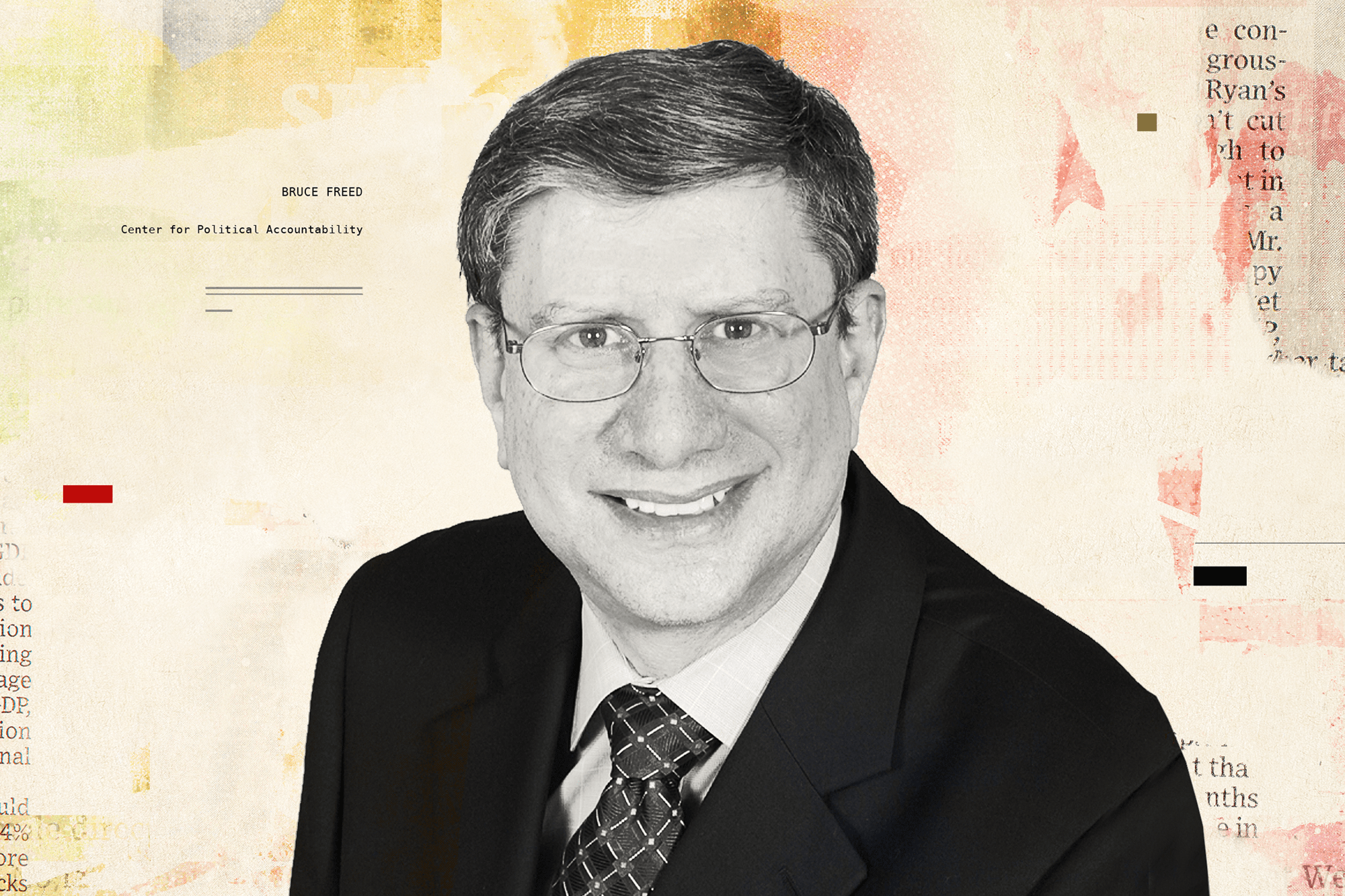
Support for shareholder proposals seeking to push corporations into disclosing election-related spending is up while Democratic lawmakers and regulators are pushing for more transparency on the issue.
That’s according to Bruce Freed, co-founder of the Center for Political Accountability, who spoke in an interview during the latest Activist Investing Today podcast. Freed talked about regulatory efforts to drive more transparency as well as investor proposals seeking to improve election-related spending corporate governance at companies.
“I think it is a matter of time before the [Securities and Exchange Commission] codifies what companies are doing,” he said. “Companies are doing this. It is very important for risk management and it is extremely important in terms of the SEC rules on ESG disclosure. It may take some time, but it is something that will be coming.”
Freed said the average level of support for shareholder proposals that the CPA has advised on jumped from 9% in 2004, to 20% in 2006, 36.4% in 2019 and 41.9% in 2020. CPA works with a number of investors, including the Sisters of Mercy, Nathan Cummings Foundation, Newground Social Investment and New York State Common Retirement Fund, who submit the measures for a vote.
“The whole purpose of these proposals is to bring transparency and accountability to political spending,” Freed said. “The measures also consider how a company manages spending; who has the final sign-off on spending and what policies corporations should have for decisions on the spending. There needs to be board involvement.”
Freed added that a lack of disclosure creates political risk for companies. “Today companies need to be sure that the consequences of their political spending align with their core value and decisions,” he said. “Consistency is critical because you have consumers and voters reacting to that.”
According to Georgeson LLC, shareholders submitted 42 political lobbying disclosure proposals in 2020, up from 39 in 2019. As of March 31, shareholders submitted 27 proposals at U.S. companies. In addition, shareholders submitted 28 political contribution proposals in 2020, down from 62 in 2019 — and 17 as of March 31 in 2021, according to Georgeson.
Here’s the podcast:
More podcasts from The Deal are available on iTunes, Spotify and on TheDeal.com.



